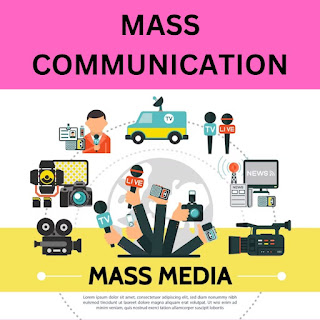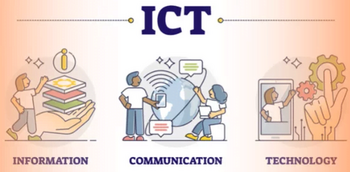
The Mass Communication course provides learners with knowledge and skills in media, journalism, and communication. It explores areas such as print and broadcast media, public relations, advertising, and digital communication. Students learn how to create, share, and analyze information effectively, preparing them for careers in media, corporate communication, and related fields.
- Teacher: Admin User
The Languages course helps learners build strong communication skills in speaking, listening, reading, and writing. It emphasizes grammar, vocabulary, and comprehension while encouraging cultural awareness and expression. Students gain confidence in using language for academic, professional, and everyday communication.
- Teacher: Admin User
- Teacher: Admin User
- Teacher: Admin User
- Teacher: Admin User
- Teacher: Admin User
- Teacher: Admin User
- Teacher: Admin User

Information and Communication Technologies (ICT) encompass the entire range of tools, resources, and systems used to create, store, transmit, manage, and exchange information, including computers, software, the internet, mobile devices, radio, and television. ICT is a broader concept than Information Technology (IT), adding communication technologies to IT's focus on computers and networks, enabling widespread communication and collaboration. Its core function is to manage and communicate digital information to improve efficiency, access to information, and the delivery of services across various sectors
- Teacher: Admin User